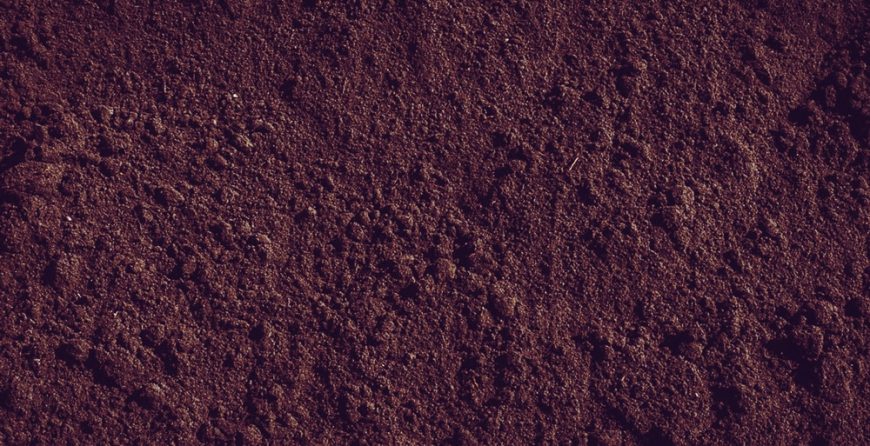 As more of us get excited about eating healthy, the popularity of growing organic spreads. In fact, it’s safe to say that organic gardening is officially no longer for hippies. All of us want to serve our families good, quality food that we know is safe. With good health and safety in mind, the first step is to eliminate harmful chemical herbicides and pesticides. Many of us now recognize the danger of synthetic fertilizers and genetically modified crops, but how do we start to weed them out?
As more of us get excited about eating healthy, the popularity of growing organic spreads. In fact, it’s safe to say that organic gardening is officially no longer for hippies. All of us want to serve our families good, quality food that we know is safe. With good health and safety in mind, the first step is to eliminate harmful chemical herbicides and pesticides. Many of us now recognize the danger of synthetic fertilizers and genetically modified crops, but how do we start to weed them out?
Growing organic is a way to take back control. When you choose to grow organic, you will determine what foods end up on the table and you’ll know how safe they are.
In the beginning stages of going organic, it’s easy to feel a little overwhelmed. Not only do you need to figure out how to stop using certain chemicals and fertilizers, but you need to figure out a whole new method of building compost.
On the other hand, most people argue against it because, “It’s expensive.” Organic gardening is the method our grandparents used, though, which means it’s much more affordable in the long run.
As you start to turn away from traditional gardening methods, it can be a bit costly to wean your lawn or garden from harmful chemical addictions. Once you’ve adjusted your soil quality and started to use sustainable practices, your costs will decrease.
Your garden will yield more
Many people also believe that going organic means your yields will be smaller, but it’s actually the opposite. Once you’ve mastered organic gardening, you will see larger, more vigorous yields. And because all of this comes with the guarantee that your plants haven’t been exposed to carcinogens, petroleum byproducts, and endocrine disruptors, you’ll be at ease.
No chemicals = win
If you take a moment to think about it, traditional gardening methods that use chemicals and harsh fertilizers, start by putting such harmful things in the soil. Your garden can only produce what you provide to it, so in the end, you’re eating the chemicals and pesticides that killed everything else in and around your garden. Instead of hurting the surrounding environment, yourself, and your family, why not start fresh by growing organic?
Create good soil
Once you decide to grow organic, you will face challenges. For starters, finding the right soil composition can be tricky if you’re used to traditional synthetic fertilizers. You may end up with hard-packed clay that’s difficult to work with. You’ll also need to determine a good way to add organic matter to your compost and garden. For instance, putting dead worms into your soil might not be appealing, but you’ll most likely end up with an overflow of lettuce, tomatoes, cucumbers, and squash.
Keep in mind that if you’re just starting to grow organic, it can be tempting to go back to your old ways of using chemicals, pesticides, and synthetic materials, but doing so will be just as, if not more, expensive. But the benefits far outweigh the challenges.
If you’ve decided that growing organic is the path for you, take some time researching these additional topics:
- Natural fertilizers
- Plant grow lights
- Beneficial insects
- Organic garden pest solutions
- Building healthy soil



Good piece! I wrote a similar post as well.